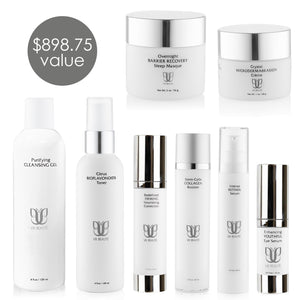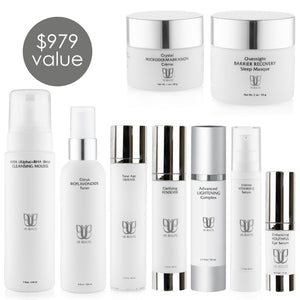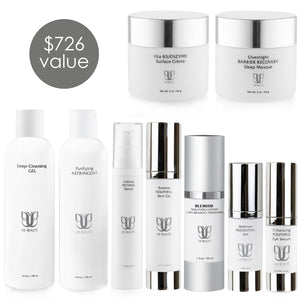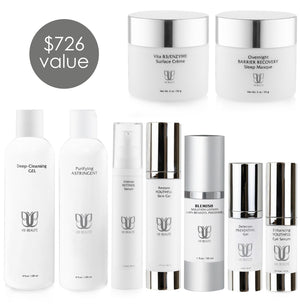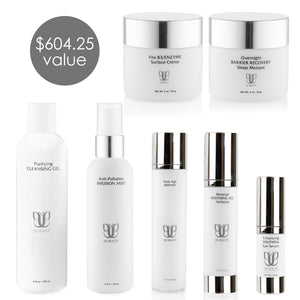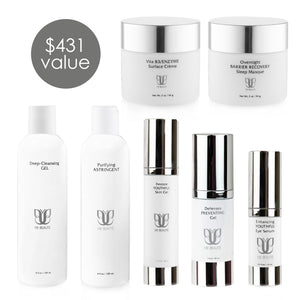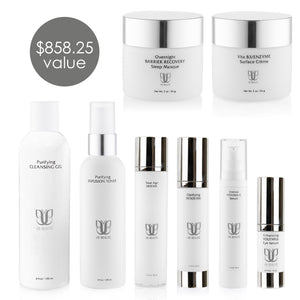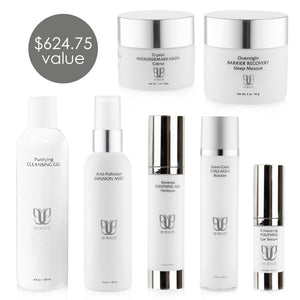Acne-prone skin can be frustrating and difficult to manage, but with the right approach, you can help to reduce breakouts and improve the overall health of your skin. Here are some tips for managing acne-prone skin:
Keeping Your Skin Clean
Cleanse your face twice a day with a gentle, non-comedogenic cleanser to remove dirt, oil, and makeup. Be careful not to over-cleanse or scrub too hard, as this can irritate the skin and make acne worse.
Use Acne-fighting ingredients
Look for skincare products that contain acne-fighting ingredients such as Benzoyl Peroxide, 4-Terpineol, betaine salicylate, glycolic acid, panthenol and Willow Bark, Eucalyptus, Wild Thyme, Sage, Peppermint. These ingredients can help to unclog pores, reduce inflammation, and kill acne-causing bacteria.
Avoid comedogenic products
Comedogenic products are those that can clog pores and contribute to acne breakouts. Look for products that are labeled "non-comedogenic" or "oil-free" to avoid exacerbating your acne.
Don't pick at your skin
Picking at acne can cause further inflammation and scarring. Resist the urge to pick or pop your pimples, and instead, use spot treatments and acne patches to help them heal faster.
Practice sun protection
Exposure to the sun's UV rays can worsen acne and cause scarring. Use sunscreen with at least SPF 30 every day, and avoid prolonged sun exposure.
Manage stress
Stress can worsen acne, so finding ways to manage stress can help to reduce breakouts. Try techniques such as meditation, yoga, or deep breathing exercises to help manage stress levels.
Remember, managing acne-prone skin is a process that takes time and patience. Be consistent with your skincare routine and give your skin time to heal and adjust to new products. If your acne persists or becomes severe, consider speaking with a dermatologist for additional treatment options. With the right approach and a little bit of patience, you can help to improve the health and appearance of your acne-prone skin.
Extra Acne Treatment Tips
Here are some types of food that may be best to avoid or consume in moderation to reduce acne based on scientific evidence:
High-glycemic-index foods
These are foods that cause a rapid increase in blood sugar levels, such as white bread, pasta, and sugary snacks. High-glycemic-index foods may increase the production of insulin and insulin-like growth factor-1, which may contribute to the development of acne.
Dairy products
Some studies have found a link between dairy consumption and acne. Milk and other dairy products contain hormones and growth factors that may contribute to the development of acne.
Omega-6 fatty acids
These are found in vegetable oils, such as corn oil and soybean oil. While omega-6 fatty acids are essential for our health, excessive consumption may increase inflammation and contribute to the development of acne.
Saturated and trans fats
These are found in fried foods, fatty meats, and processed snacks. These types of fats may increase inflammation and contribute to the development of acne.
Avoid high chocolate consumption
Some studies have suggested that chocolate consumption may contribute to the development of acne. While the evidence is not conclusive, it may be best to consume chocolate in moderation.
It's important to note that everyone's body is different, and what works for one person may not work for another. If you have acne, it's always best to consult with a dermatologist or healthcare professional for personalized advice on diet and skincare.
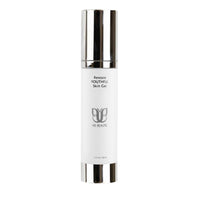 Moisturizers
Moisturizers
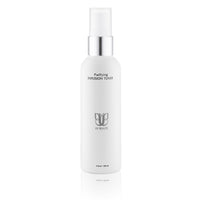 Toners & Mists
Toners & Mists
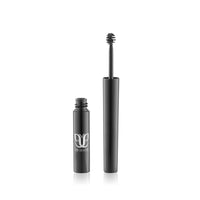 Brows
Brows
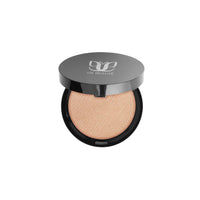 Cheeks
Cheeks
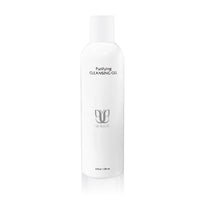 Cleansers
Cleansers
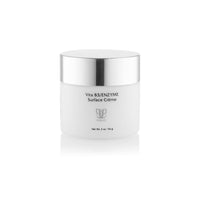 Exfoliations
Exfoliations
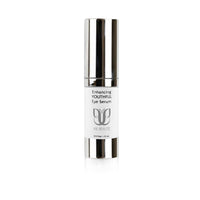 Eye Serum
Eye Serum
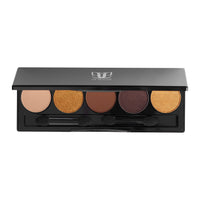 Eyes
Eyes
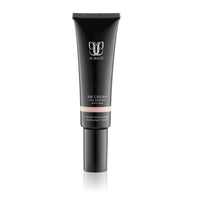 Faceware
Faceware
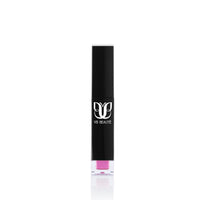 Lips
Lips
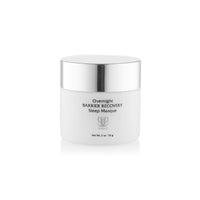 Masques
Masques
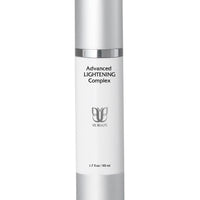 Serum
Serum
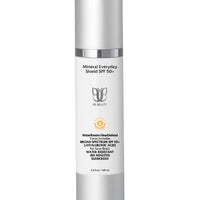 Sun Protection SPF
Sun Protection SPF
 Vanity Cosmetic Pouch
Vanity Cosmetic Pouch
